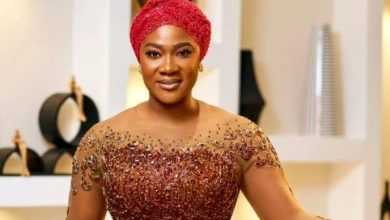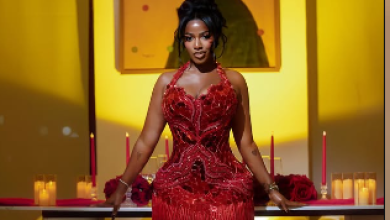
|
Getting your Trinity Audio player ready...
|
Can you be a feminist and have ‘girly’ hobbies? Can you be a feminist and follow pop culture or consume mainstream media? Can you be a feminist and enjoy old Hollywood romance movies? Can you be a feminist and … live life as you used to … normally?
The answer lies somewhere in between, somewhere that doesn’t water down feminism’s purpose and principles and doesn’t dull the sharp, colourful edges and ebbs of your personality.
You may have seen tweets from some radical feminists (stylised ‘radfems’) with a list of ‘don’ts’ or apparent wrongs that many young women engage in: shaving; wearing makeup; listening to rap; reading romance novels; being a fan of Taylor Swift or Sabrina Carpenter; gushing over Aaron Pierre, practising girlboss feminism, and many others, either presented ironically or as a source of sore point, and you are convinced of the facts that feminism presents, champions and enshrines about women, so what to do?
It bears noting right off that ‘everyone should be a feminist.’ This does not mean an invitation to all and sundry, particularly men, who, by virtue of their lived experiences, cannot be feminists, but it is a call-to-action that everyone instinctively knows and socially orient themselves towards feminist values in every area of society. So it is for the good of everyone that a society is feminist and that more women than not are feminists. So radfems’ critiques of the application of feminism in modern society should not be seen as a deterrent to being feminist but rather as a fuel to learn what feminism entails and to practice it as best as possible.
If you’re drawn towards feminism, be it as an analysis, a lifestyle, a media art or a point-of-view, chances are that you’re nonconformist, to an extent. You may not need to make some drastic, philosophical overhaul nor upend your life as it were to be more publicly and consciously feminist.
If feminism were treated as a form of self-development and not viewed through some ‘great messianic call to redeem the world’ lens (not that it could not be), then it would be possible for it to be compatible with some personal interests or adjusted against others. It is also worth mentioning that the choices women make do not exist in a vacuum. They are informed, shaped, and guided by the prevailing social norms.
Hobbies, whether ‘girly’ or ‘boyish,’ should be treated as descriptive, not prescriptive. Girls are not meant to like a set of activities, but it is fine for a girl to, and vice versa. These activities are not what makes one a girl or boy; they are expressions of personalities, and if one has an affinity for the activities typically associated with the other sex, that is not a pronouncement of them being the other sex.
If you love to watch movies and listen to songs but are not into books or weighty academic texts, there is no reason to feel guilty about it. So long as you can curate your watch- and media list to include movies that portray women in a human but non-misogynistic way.
The same goes for popular, mainstream media. Weighing them against a feminist basis can help you decide what is okay to engage with or not. While it is a bitter fact to acknowledge that most entertainment content produced lacks a feminist focus, enjoying it as it is for aesthetic or pleasure purposes is fine.
Individuals may contribute to creating the social system, but so does the social system, rarefied and internalised, impress upon our actions, in little or big ways, to conform. It may be easier to forgo indulging in heavy makeup, but not quite so to do so completely (using a lip gloss or mascara). Social orders have been built around some values—personal grooming, beauty, family, celibacy, ceremonial wedding rights, mention a few, and while some of these may be useful on a personal basis, not conforming will signal deviance and attract unwanted social judgment. In the case where braving such social consequences, which do not cross over into physical harm, does not faze you, then by all means, stick to your gun.
For instance, rejecting the marital practices of taking a husband’s surname or kneeling down for him during the wedding ceremony are harmless and counter-cultural enough, just as divorcing an abusive or sexually predatory man is, not to mention noteworthy. Other actions in between these two acts could arguably be adjudged to be feminist or not, and on a pound-for-pound basis, and to engage in one or more of them is not an express indictment on one’s activism.
In all, engaging in some acts may not perpetuate (hostile) patriarchal norms, or it may be on a benign level, but it is most necessary to examine the sources of some interests we may have as feminists rather than mindlessly performing them, if only for the sake of political consciousness.






